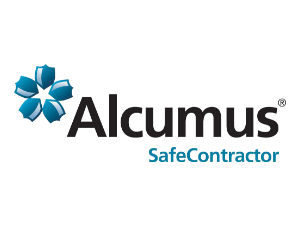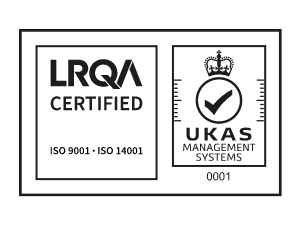Anyone involved in air conditioning, refrigeration, heat pumps and ventilation will know just how hidden our industry is to most people.
It is simply a fact that modern life for most includes the expectation of comfort and the wellbeing and productivity gains that this brings, whether the outdoor weather is too hot, too cold, or somewhere in between.
And there are other sectors such as medicines, food production, delivery and retail, process engineering to data and IT storage that simply would not be available without cooling or refrigeration, so yes, there is a lot to celebrate.
This is an excellent time to celebrate what has already been achieved, but we cannot rest on our laurels
No cause for complacency
Whilst I wholeheartedly support the idea of giving ourselves a ‘pat on the back’ for the fantastic innovation and development that has helped to get society to where it is, I also think this is an ideal time to pause and consider the future.
Modern life simply could not exist without our 'hidden' industry in a whole raft of aspects and it is right that we applaud the dedicated, skilled people involved and the advancements we keep making year-on-year.
But we also all have a responsibility to ensure that future life has the potential to exist as well, by delivering the essential services we all do, in the most environmentally sensitive and energy efficient ways possible.
So in addition to June 26th being a great day to raise awareness of the importance of the industry, it is also right to focus on the need to maximise the value of every unit of energy consumed.
Lean, mean and green
At Mitsubishi Electric, we have long been an advocate for a sensible approach to providing modern levels of comfort.
We strongly believe in adopting a three stage approach to achieving the right heating, cooling, ventilation and power solutions within a building.
Firstly, reduce the need for overall energy consumption through better building design, whether new-build or retro-fit – Yes, we a manufacturer are advocating that you buy smaller equipment (more accurately, the right size of equipment), rather than what has sometimes been the common practice of ‘oversizing’ things, just to be safe! The cheapest and cleanest unit of energy, is the one you do not consume!
Secondly, correctly deploy and monitor the most appropriate and efficient systems – and make sure you have the right control systems in place to automate as much as possible. Make the energy consumption and operation of a system visible to the users
Thirdly, look at how you can incorporate low and zero carbon technologies where possible to create some or all of the energy required. This includes heat energy, as we demand such a lot of heat in our buildings.
Avoid traditional thinking
This last point is another challenge to ‘traditional’ thinking because there are now ways of taking excess heat from one part of a building and utilising it elsewhere.
A cooling demand, once reduced as much as possible, can be seen as an opportunity to recover heat.
This means that an advanced air conditioning system can not only cool areas like server rooms, it can also use the captured heat energy and transfer it to provide hot water for the buildings kitchen or services. Or it can take the heat from the IT server rooms or kitchens and reuse it to keep occupants warm in other parts of the building.
We are also seeing the adoption of more air source heat pumps both domestically and commercially and this technology links really well with other systems such as Photovoltaic panels.
Producing your own ‘green’ electricity is not only a great way to reduce your own energy bills, it can also provide you with unlimited heating and hot water, often for ‘free’.
The need to do more
There is a long way to go before we reach the ambitious zero carbon targets and I know that across our industry, incredible work in underway to continue providing modern levels of comfort and refrigeration. An area that has seen changes for the better over the years is the types of refrigerants used, this will change again as we move forward, towards versions that are less harmful and even full benign should they ever find themselves released into the environment
So it is an excellent time to celebrate what has already been achieved, but we cannot rest on our laurels.
Just like the public debate about plastic waste is starting to change the face of retail and food production, so things like the climate strikes are raising awareness of the simple fact that we can’t just carry on consuming without thinking about it.
If celebrating the best of our industry helps raise awareness of the need to question energy use, then that is an excellent reason for an international day.
Martin Fahey is Head of Sustainability at Mitsubishi Electric Living Environment Systems UK and coordinator of the company’s Green Gateway programme.






